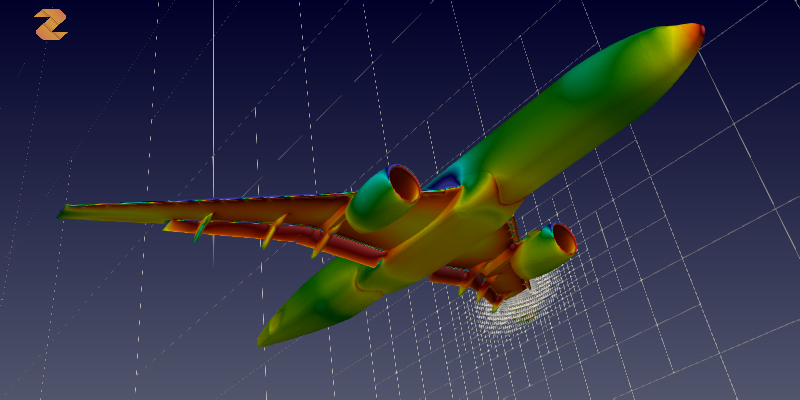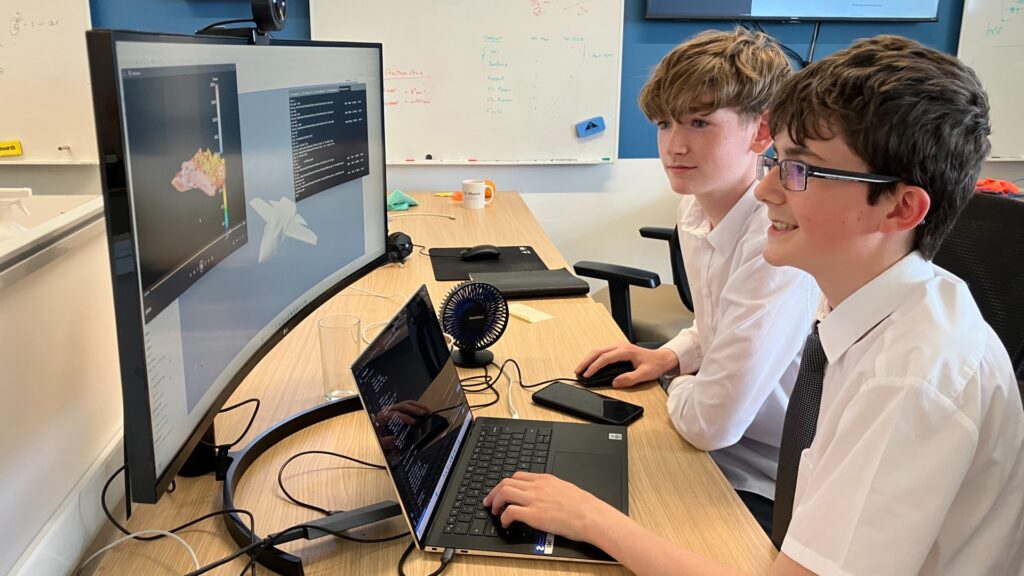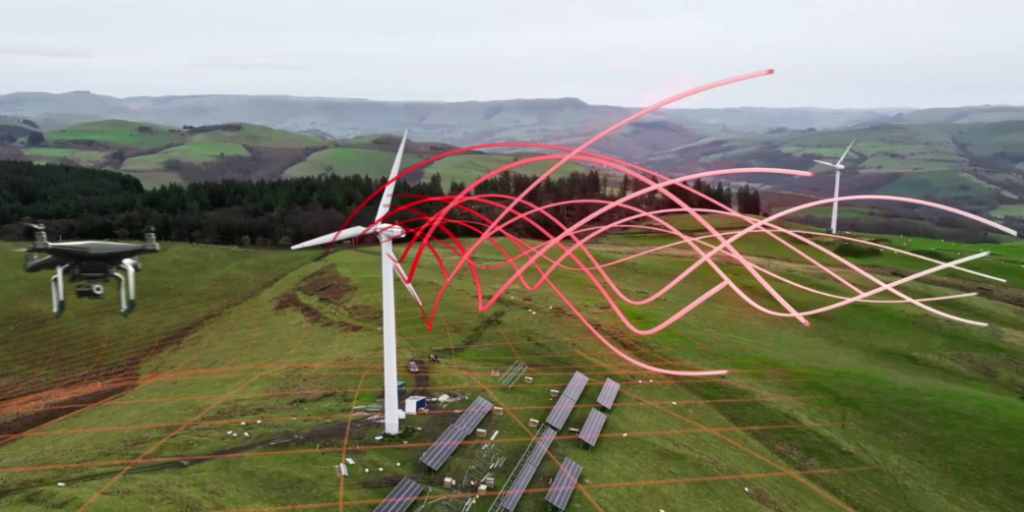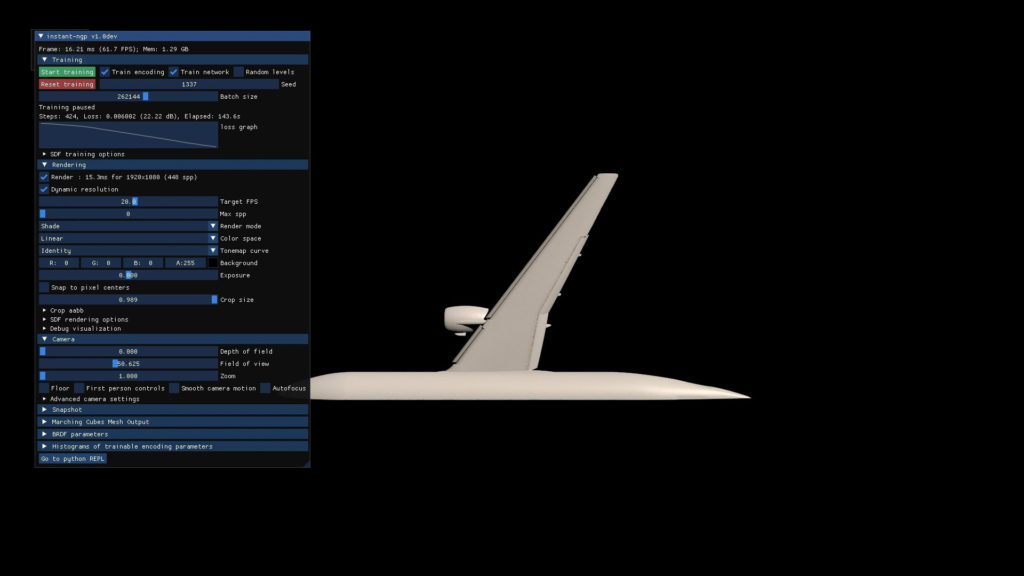
As a leader in aerospace technology, Zenotech is pleased to be featured in the Aerospace Technology Institute’s (ATI) new “Destination Zero” publication. It highlights how we are mobilising our CFD and supercomputing tools to optimise aero engineering and push the third revolution of flight forward.
The Aerospace Technology Institute is an independent organisation that works alongside government and industry to transform aerospace through technology and innovation. “Destination Zero: the technology journey to 2050” sets out the UK’s Aerospace Technology Strategy, offering guidance on overcoming the challenges to meet the UK’s net-zero emissions target by 2050.
The aero sector is at a pivotal moment. According to the ATI, the UK industry can grow its market share to nearly 18% of a potential global market for more energy-efficient commercial aircraft worth £4.3 trillion in 2050.
The challenge is on to reach net-zero targets, harness the market opportunities and position the UK as a leader. This comprises greener flight tech such as all-electric aircraft and autonomous drone flight, improving connectivity and reducing congestion.
The power of CFD technology
Zenotech’s High Fidelity zCFD simulation for aircraft aerodynamics & acoustics is featured in the brochure (on page 25) highlighting the importance of our work in optimising flight and also harnessing new technologies such as improved drone flight.
The brochure points out the benefits of CFD modelling:
“High-Value Design and Validation – higher levels of integration and optimisation across ever more complex systems, shall require accurate prediction of how aircraft will perform throughout their lives, evolving through validation to enable certification via analysis. Digital design and modelling tools need to become ever more automated, integrated, capable, and accurate across the product lifecycle.”
Zenotech is a leader in developing acoustic noise prediction tools for the aerospace sector with our zCFD tool to run broadband aero-acoustic calculations. When compared with more conventional software options, the results are not only accurate but significantly for the industry, much faster. This is transformative in the turnaround time for new aircraft design analysis to reduce noise.
Recently, Zenotech has been involved in Future Flight projects with partner Flare Bright to introduce a new data service to improve the safety of drone flight in the built environment. This is a game-changer for the sector, paving the way for the commercial viability of UAVs in cityscapes. With the assurance of safety, urban UAVs have the potential to improve sustainability and connectivity, easing congestion and increasing capability in a wide range of fields, from logistics to emergency services. The findings from this work are already being presented at international conferences.



